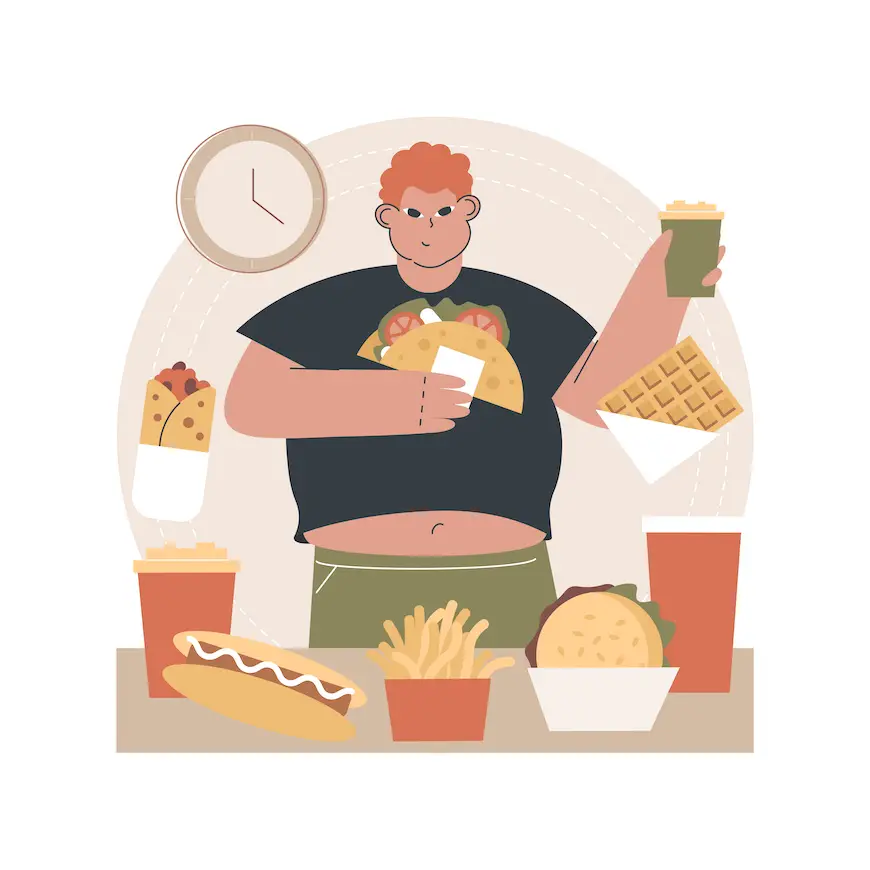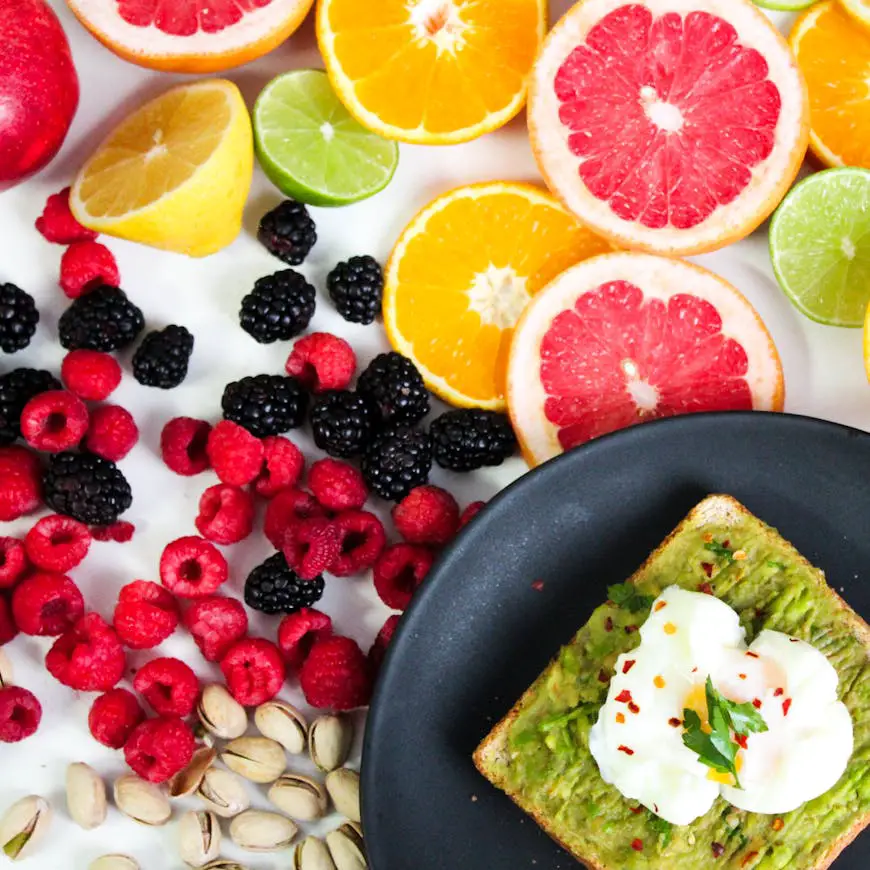Do you wonder which nutrition mistakes make us fat? Obesity is an epidemic, and we all want to get rid of it. So, if you have gained a few extra pounds, the desire to lose them immediately can sometimes lead you to make a mistake. In our overzealousness and because of all the misinformation that abounds on the internet, it’s very possible that we’ve accidentally made mistakes, such as doing the wrong exercise or eating the wrong way.
So that you don’t make mistakes on the dining table, Here there is a list of some of the most common food mistakes.
Nutrition mistakes – no 1: Choosing only low-fat or diet food
Processed, low-fat, or “diet” foods are often considered top choices when it comes to weight loss, but that’s not always the case. Many of these so-called healthy foods are often added with added sugar to enhance flavor.
Therefore, instead of keeping you full, low-fat foods are more likely to make you hungrier and you may even eat more. Instead, it’s better to choose a combination of nutritious, low-processed foods.
Nutrition mistakes – no 2: Lacking fiber in your diet
Adding sufficient fiber in your meal can assist lessen your urge for food through filling you up. Fiber additionally enables with weight reduction through making the frame soak up fewer energy from different foods. Studies display that doubling your each day fiber consumption can bring about as much as a hundred thirty fewer energy being absorbed. You can upload fiber in your meals through making little adjustments in your weight loss program like switching to brown complete grain bread, as opposed to everyday white bread.
Nutrition mistakes – no 3: Following the advice about never skipping breakfast
Another piece of advice we often hear is to never skip breakfast, no matter how craving you are. This advice is not entirely correct.
Researchers have found that breakfast is actually the most important meal of the day, and skipping breakfast can lead to weight gain and they found that people who skipped breakfast consumed more calories at lunch than those who ate breakfast. However, when calculating their calorie intake for the day, it was found that they consumed 408 fewer calories on average.
Basically, when you fast for too long, your blood sugar drops and you feel tired because your body can’t function properly without the energy it gets from the food you eat. This puts your body into “survival” mode, where it begins to break down muscles for energy. Losing muscle means your metabolism will eventually slow down, and so will your weight loss journey. Not so right.
So, eat small meals at regular intervals instead of emptying your stomach.
Read also: 7 Best Morning Exercises to Wake up Full of Energy
Nutrition mistakes no-4: Not eating enough protein
Protein is the most important nutrient if you’re aiming to lose weight. A high-protein diet improves metabolism, reduces cravings, increase feelings of fullness, lower the amount of weight regained, protect muscle mass during weight loss and has a positive effect on several weight-regulating hormones. It also helps to preserve muscle mass during weight loss. One study found that eating a diet with about 0.6 to 0.8 grams of protein per pound can help control appetite and improve your body composition.
Nutrition mistakes no-5: Thinking that all calories are equal
Not all calories are created equal, some are good and some are not. The calories you absorb when eating vegetables are good, while the calories you absorb when eating a large burger are not. This is because the amount of insulin released by your body depends more on the type of calories you consume than the number of calories you consume.
Nutrition mistakes no-6: Drinking packaged fruit juice
People trying to lose weight often stop drinking soda and other sugary drinks. But they often forget packaged fruit juices. Even 100% fruit juice contains enough sugar to derail your weight loss plan. For example, 12 ounces of unsweetened fruit juice can contain about 36 grams of sugar. That’s over 12 ounces of club soda.
Reducing sugary drinks is a healthy option. Even if you drink juice instead, you’re still consuming more sugar and possibly more calories.
Nutrition mistakes no-7: Eating a lot and not including fresh fruits in your diet
Finally, eating too much and not including fresh fruit in your diet can also make your weight loss dreams just a dream. The best fruits for weight loss are watermelon, pear, apple and grapefruit.
When shopping, you should only buy foods that you know are edible when fresh. Filling your fridge unnecessarily can cause you to eat more than you intended.
Read also: Fruits and Vegetables That Keep You Hydrated
Nutrition mistakes no-8: Eating too often, even if you are not hungry
Usually, you would only eat when your body needed energy in the form of calories. However, we are human and our world is not perfect – we often eat for reasons that have nothing to do with meeting our physiological needs. We can eat to celebrate, to satisfy our emotions, or out of habit.
We are often advised to eat small portions and several times a day if we want to lose weight rather than eating large meals 3 times a day. However, this is not correct. Eating when hungry and only when hungry is the key to weight loss. Indeed, eating too often, even if you eat less, can lead to unconsciously consuming too many calories throughout the day.
Nutrition mistakes no-9: Not eating whole, single-ingredient foods
The worst culprits that make you gain weight are processed foods. Studies show that processed foods are the main cause of the current obesity epidemic. The best thing to do, if you care about your health, is to choose whole foods as they are self-limiting, which means they are very difficult to overeat.
Listening to these common weight loss mistakes can help you make informed, strategic choices to avoid frustration, disappointment, and unnecessary temptations. While there’s no magic bullet for weight loss, tailoring a diet and exercise program to your individual needs and goals is a step in the right direction.
Read also: 5 mistakes that will sabotage a healthy diet by Harvard Health








